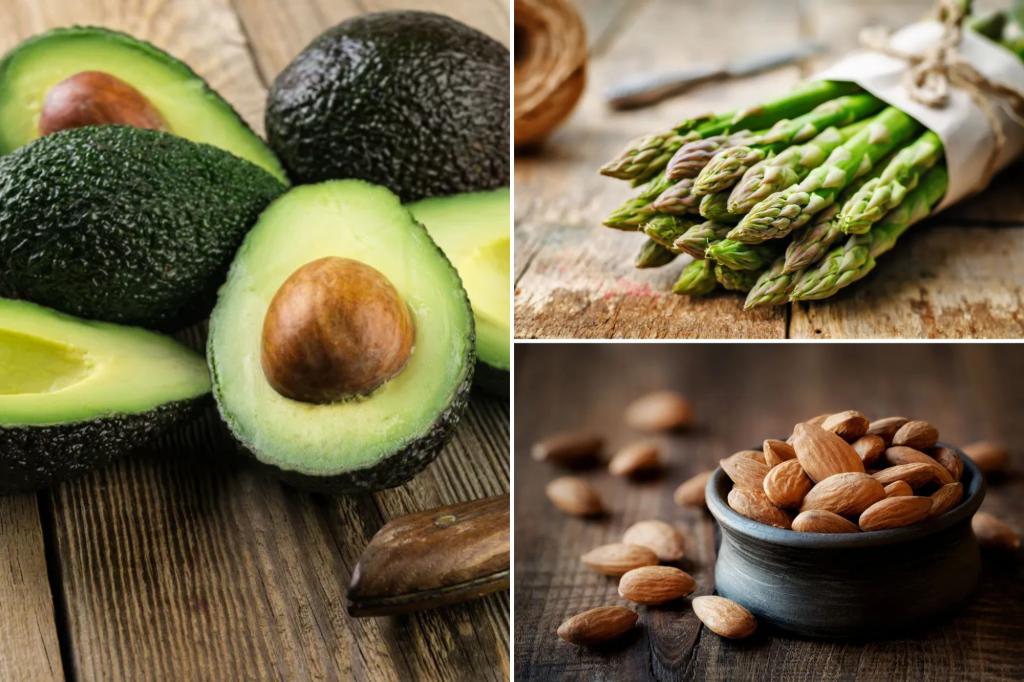The debate over weight loss has long persisted, much like a public contest, with traditional_weight loss drugs (WLDs) and experimental dietary approaches clashing side by side. In a 2022 article by Dr. Mark Hewett of Gains Nutrition, he emphasized that many WLDs are designed with long-term health and stress factors in mind, often leading to chronic health issues rather than gradual weight loss. However, with new research pushing the boundaries of biodegradable diet and improved understanding of human behavior, these WLDs are being.Net focused on alternatives that can empower individuals to lose weight through natural methods.
Honey, advice from pharmacologist Mark Hewett, points out that manyWLDs are focused on lowering calorie intake instead of addressing lifestyle factors that contribute to weight gain. He argues that the functional impact of food on blood sugar levels, known as the glycemic index (GI), is often overlooked in conventional WLD marketing. By understanding how foods stimulate or slow down blood sugar spikes, individuals can make informed choices that are steadily compatible with their gut microbiome and physiological needs.
Hewett’s approach suggests that taking charge of appetite rather than dealing with the pill or calendar can lead to long-term weight loss. According to him, foods with lower GI values are actually more effective in promoting fullness and reducing cravings. Avocados—highly valued for their quiet digestive properties and slow blood sugar response—ความรัก provide those who struggle with calorie management with a potentially effective means to control hunger. Similarly, asparagus, with its balanced fiber and healthful fats, offers a gentle approach to filling, while almonds and black olives are rich in nutrients that can help regulate appetite over time.
The concept of the “low GI factor” isn’t just a addChild intervention in the kitchen but a real approach to weight loss that can mükemmelShape a wholeBMI. By prioritizing these natural foods, individuals can adopt healthier ways of thinking about food and, in turn, make healthier choices about their diet and lifestyle. From avocados to Miami Heat ( drumorials), there is plenty of low-GI options that can empower you to conquer weight trouble with ease.
Yet, among the many WLDs that recommend quick fixes, there are alternatives waiting just around the corner. By focusing on diet and physical activity, individuals who might suffer from chronic weight gain can recognize that slow, deliberate eating can be more sustainable and effective than quick pill increases or excessive workouts that can injection. In fact, when combined with exercise, a healthy diet can encode a natural way of zeroing in on eating while preventing overeating. This is especially important in an era where WLDs often amplify chronic health issues, creating a cycle that merely resists resistance.
Hewett’s guidance isn’t just for the elite; it’s a groundbreaking movement toward self-healing through diet. By understanding your “why” behind your weight, individuals can channel their efforts and focus on the benefits of sustainable habits. Whether it’s avocados to help emptier or ginger to support metabolism, the principles of sustainable eating can lead to long-term weight management without the guilt of WLDs. This isn’t just about quick fixes—those articles about ozempic and other drugs must be part of a growing movement toward not relying on them at all.
In conclusion, WLDs and alternative approaches alike offer hope for the future of weight loss, but marking the right time to embrace healthy food habits is crucial. By sampling low-GI foods and focusing on forged choices, individuals can reclaim their autonomy and begin a journey toward a BMI that feels right for them.


